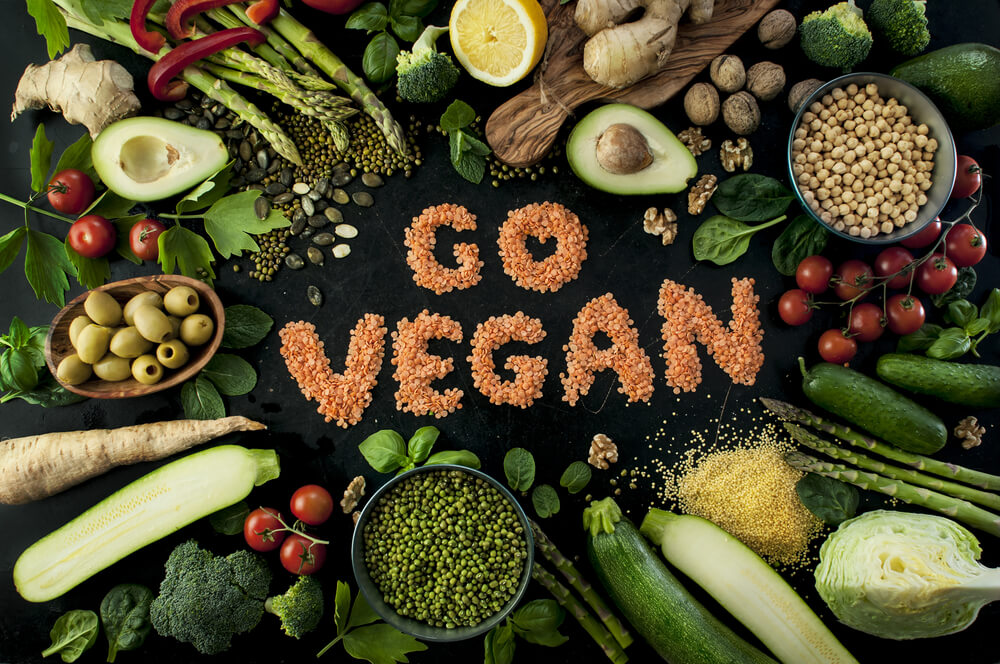Embarking on a journey towards veganism often prompts reflections on our relationship with food and the impact of our choices on the world around us. However, for many individuals, transitioning to a plant-based diet can pose challenges, especially when family members continue to consume non-vegetarian meals. Let’s explore how to navigate this delicate situation with compassion and understanding.
The Ethical Imperative: A Call to Embrace Veganism
At the core of the vegan lifestyle lies a profound ethical imperative – the recognition of the inherent value and dignity of all living beings. Just as we would not condone the hunting of humans by a superior species, so too must we extend this reverence to animals such as chickens, goats, and cows. The act of taking another creature’s life for food raises fundamental questions about our moral compass and our capacity for empathy.
Empathy Beyond Species: Extending Compassion to All Beings
Imagine a scenario where animals could communicate their plea for mercy as we prepare to slaughter them for consumption. Would we not be moved to spare their lives, recognizing their inherent desire to live? While animals may not vocalize their suffering in ways we understand, their cries are no less real. As compassionate beings, it is incumbent upon us to extend empathy and kindness to all creatures, regardless of species.
Addressing Common Misconceptions: Debunking Myths About Veganism
In discussions about veganism, it’s not uncommon to encounter skepticism or dismissive attitudes. Some may argue that plants also possess life, raising questions about the morality of consuming them. However, this line of reasoning fails to acknowledge the crucial distinction between sentient beings capable of experiencing pain and plants, which lack a central nervous system. Embracing a plant-based diet is not only a matter of ethical consistency but also an acknowledgment of our responsibility to minimize harm.
Navigating Family Dynamics: Cultivating Understanding and Compassion
Transitioning to a vegan lifestyle amidst a family that continues to consume non-vegetarian meals can present unique challenges. It’s essential to approach these conversations with patience, empathy, and an open heart. Rather than imposing our beliefs, we can gently share our reasons for choosing veganism, inviting dialogue and understanding. Additionally, exploring delicious plant-based recipes together can foster a sense of culinary adventure and unity.
Practicing Compassion in Action: Leading by Example
Ultimately, the most potent catalyst for change lies in embodying the principles of veganism in our daily lives. By leading by example and demonstrating the joys and benefits of a plant-based diet, we can inspire those around us to reconsider their dietary choices. Additionally, we can cultivate a sense of gratitude and reverence for the abundance of plant-based foods that nourish our bodies and sustain our planet.
Conclusion: A Path of Compassion and Conscious Choices
As we navigate the intersection of veganism and family dynamics, let us remember the power of compassion to bridge divides and inspire transformation. By embracing veganism not only as a dietary choice but as a profound expression of empathy and reverence for all life, we can sow the seeds of a more compassionate world. As we journey forward, may we continue to cultivate understanding, kindness, and a deep sense of connection with all beings.

